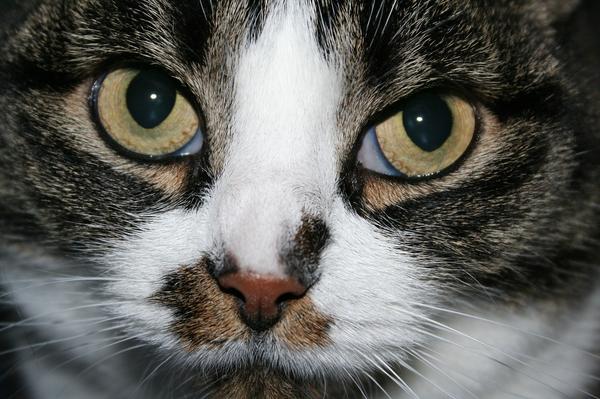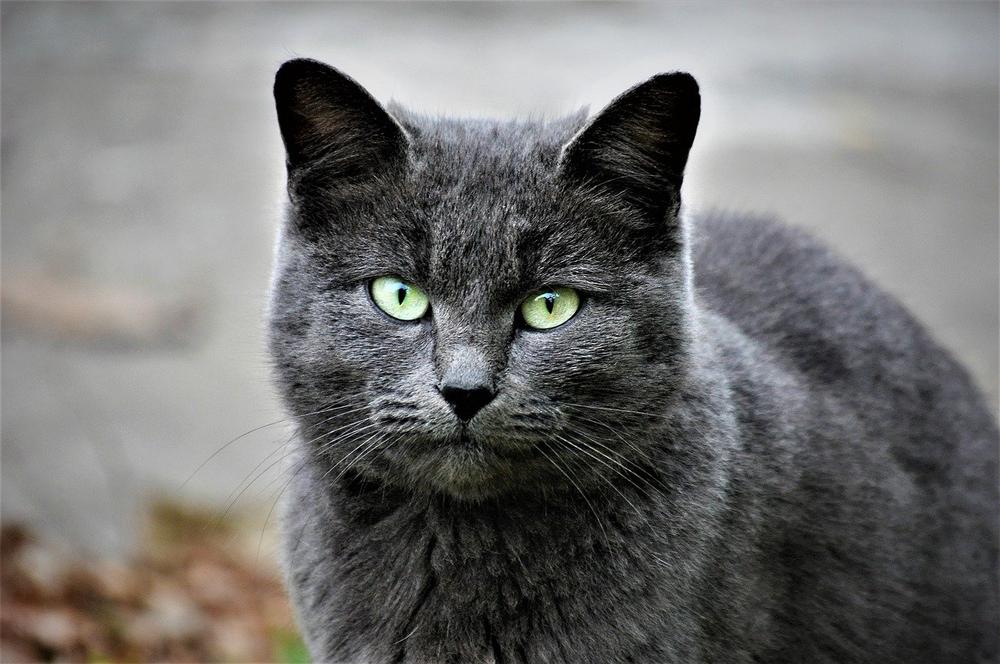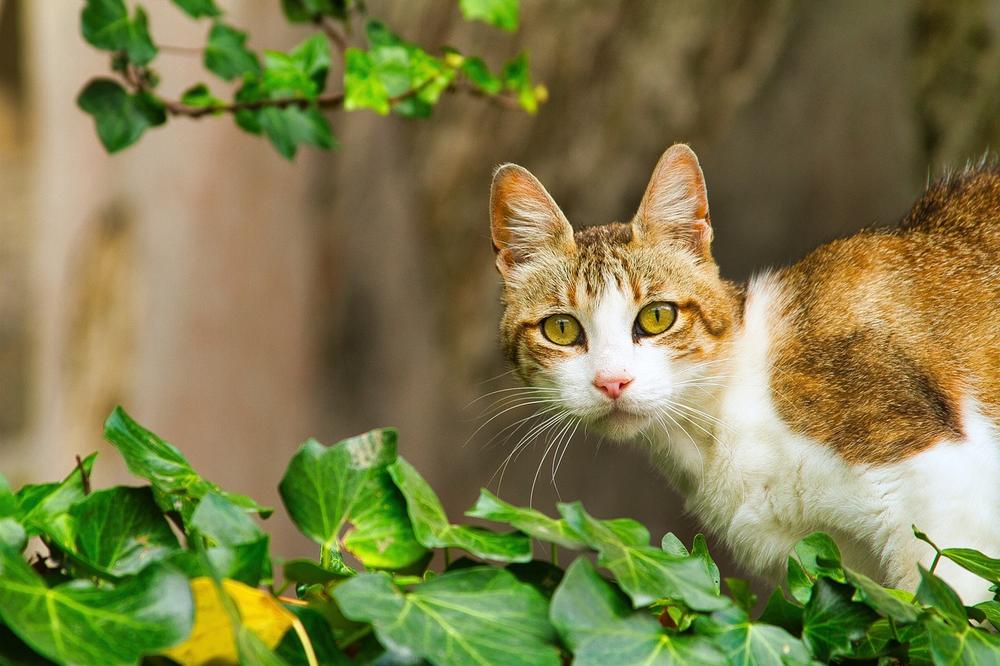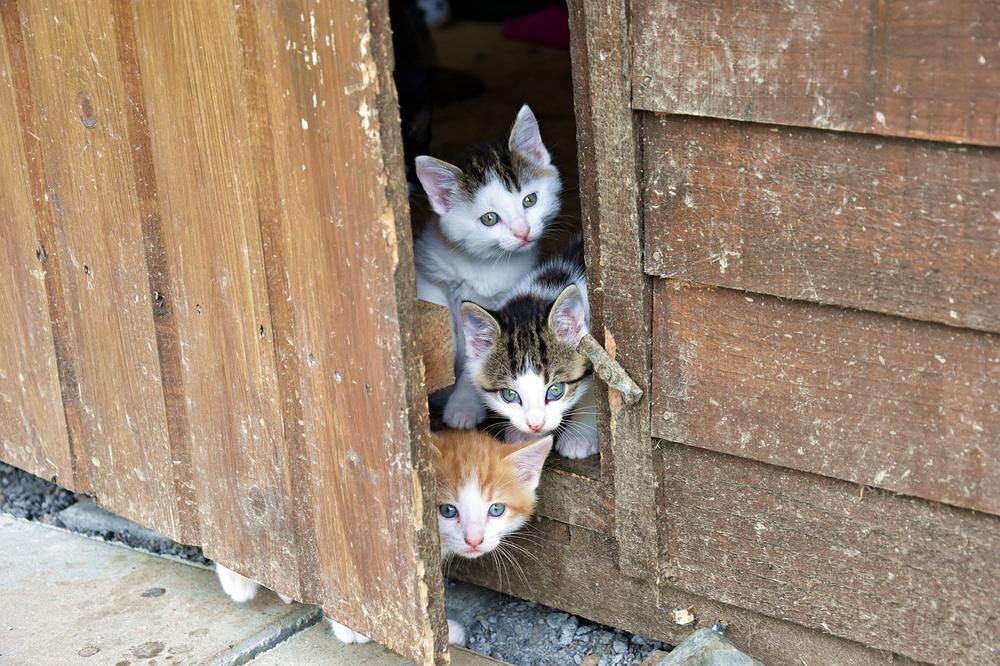Do Cats Fart: How Much Is Normal and What Can You Do?

Let's be honest:
The thought of your beloved furball letting one rip is more than just a passing curiosity.
You! 🐱
Can't help but wonder - do cats fart?
What if they do?
And what if there's something seriously wrong?
Don't panic, my concerned friends, in this I Care for Cats guide I'll give you all the answers you need.
Let's dive in!
Do Cats Fart?
Cats do fart, but not as frequently as other animals. Their unique diet and energy production process result in lower gas production. Cats typically pass gas around 1 to 2 times per day, which is much less than humans. So, occasional stinky farts from cats are normal and nothing to worry about.
Cats fart.
Yes, just like any other animal, cats experience farting.
Don't worry though, cats don't fart as much as other animals.
Their unique diet and energy production process make them fart less frequently.
Did you know cats can burp as well?
That's right.

Cats have two ways to release gas from their bodies.
You may be wondering how often cats fart.
Well, it turns out they only pass gas around 1 to 2 times per day on average.
That's way less than us humans!
You must note that low- to medium-stink farts are normal for cats. So if your furry friend lets out a stinky fart once in a while, no need to panic.
The reason cats fart less is because they produce energy differently and have fewer bacteria in their gut.
So rest assured, if your cat farts, there's nothing to worry about.
It's completely normal and doesn't require any special intervention.
Main points I'll expand upon further down this article:
- Cat flatulence can be caused by various factors such as swallowing air, allergies, and gastrointestinal diseases.
- Food, including dietary intolerances and recent diet changes, is a primary cause of cat farting.
- Allergies to substances like dust, pollen, ticks, and fleas can lead to flatulence in cats.
- Most cat farts are odorless, but certain factors can contribute to their low frequency.
- Kittens and senior cats with weak immune systems may experience more gastrointestinal upset and farting.
- Excessive fiber intake can lead to increased gas production in cats.
- Commercial cat food ingredients can impact the smell of cat farts and feces.
- Increased farting in cats may indicate an underlying gastrointestinal issue, such as intestinal parasites.
- Therapeutic cat food and gradual diet transitions may help manage flatulence in cats.
- If simple diet changes don't help with cat farting, it's time to see a veterinarian.
And now, let's delve deeper into the causes of cat farting and explore how certain factors, such as food intolerances and gastrointestinal issues, can contribute to this sometimes smelly phenomenon...
Causes of Cat Farts
Causes of Cat Farts: Food Intolerances and Digestive Issues
Let me tell you something real – cats fart too!
So, what makes our little furry friends expel gas?
Well, there are a few reasons for this.
Allergies and Sensitivities: A Culprit for Cat Farts?
First off, allergies.
Yes, cats can have allergies, just like you and me.
And guess what?
These allergies can cause digestive problems and, yes, farting.
Dust, pollen, ticks, and even those annoying fleas can wreak havoc on your cat's tummy.
But hold on, there's more!
Other Factors That Contribute to Cat Farting
You know what causes Fluffy to let out some stinky fumes every now and then?
It's not just allergies.
There are a couple of other things involved.
One factor is swallowing air while eating.
Come on, we've all seen cats gobble up their food in a frenzy, right?
Well, all that air they swallow can find its way out as a fart.
Another contributing factor is stress.

Yes, cats can pass gas when they feel scared or stressed out.
So, if you spot Fluffy hiding under the bed during a thunderstorm, chances are you might catch a whiff of something unpleasant.
The Importance of Diet and Gastrointestinal Health
Now, let's talk about what goes into your kitty's belly – their diet.
What your cat eats plays a vital role in tackling feline flatulence.
Be mindful of too much fiber in their diet as it can lead to excessive gas production.
Oh, and did you know that even the ingredients in commercial cat food can have an impact?
Not only on the smell of your cat's fart (yes, it does matter), but also on their poop. It's all connected, my friend.
By the way, excessive farting in cats can be a sign of an underlying issue.
For instance, intestinal parasites.
Having your cat's stool checked and treated for those nasty critters might just solve the mystery behind their flatulence.
And speaking of potential health problems, I must mention that cat farts can sometimes be a symptom of an underlying issue.
If you notice your cat experiencing flatulence, it's important to pay attention to their overall gastrointestinal health.
In fact, I've written a helpful guide on this very topic.
If you're curious whether cat vomiting after giving birth is normal or could indicate a potential health problem, I encourage you to check out my blog post Cat Vomiting After Giving Birth.
It's filled with valuable information that can help you better understand and address this concern.
Trust me, you don't want to miss it.
Treatment for Cat Farts
Managing flatulence in cats is essential for their health and comfort.
Here are some ways to treat cat farts:
- Consult with a veterinarian: They can determine the underlying cause of the flatulence and develop a treatment plan tailored to your cat's needs.
- Dietary modifications: A specialized therapeutic cat food designed for proper digestion can help reduce gas production. Avoid excessive fiber intake as it can lead to more farting.
- Slow feeder: Using a slow feeder during mealtime can promote slower eating, reducing the amount of air swallowed while cats eat.
- Gradual diet transitions: When introducing a new food, gradually mix it with the old one over a few days to prevent digestive upset.
- Medications and supplements: Your vet may recommend probiotics, deworming medication, vitamin B12 injections, antibiotics, or immune system suppressants depending on the underlying cause.
Remember to consult a vet for an accurate diagnosis and personalized treatment plan. By making dietary changes, using a slow feeder, and following your vet's recommendations, you can help manage your cat's flatulence and improve their all in all wellbeing. 😺

But what if your cat's excessive farting is accompanied by gastrointestinal upset?
When should you be concerned and seek medical attention for your furry friend?
Let's delve into that next!
When to Call a Veterinarian for Cat Farts
If you're worried about your cat's gas, here's when you should reach out to a veterinarian:
- You might have an underlying problem if your cat is farting more and experiencing gastrointestinal issues.
- If your cat is gassy but seems otherwise fine, bring it up at the next check-up.
- Try changing their diet first, but if the farting persists, it's best to see a vet.
- The vet will ask you about what your cat eats, how often they pass gas, and other symptoms they may be having.
- During the visit, they'll give your cat a physical examination too.
- To make a diagnosis, additional tests like X-rays, ultrasound, or lab work might be necessary.
- You may need several follow-up visits to manage long-term relief.
- It's also possible that adjustments to the treatment plan will be needed.
- Always remember, increased farting in cats should be evaluated by a vet to be safe.
- Any other worrisome symptoms require immediate medical attention.
So, if you have any concerns about your cat's farting, don't hesitate to contact your vet.
And that wraps up today's article.
If you wish to read more of my useful articles, I recommend you check out some of these: Pregnant Cat Flea Treatment, How to Clean a Cats Nose, Cats Purring Sound Congested, Older Cat Shedding Excessively, and Do Cats Purr When They Are Sick or in Pain
Talk soon,
-Sarah Davis